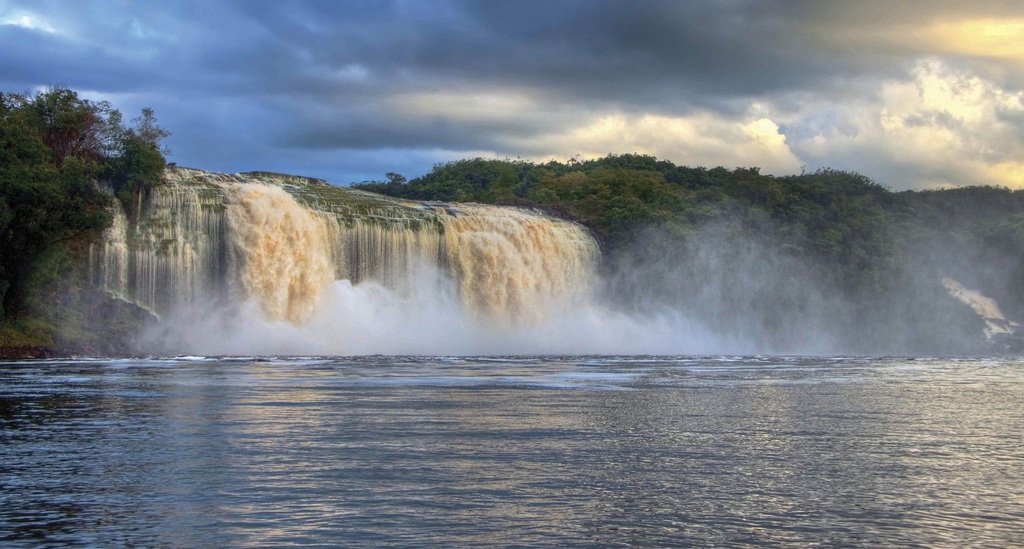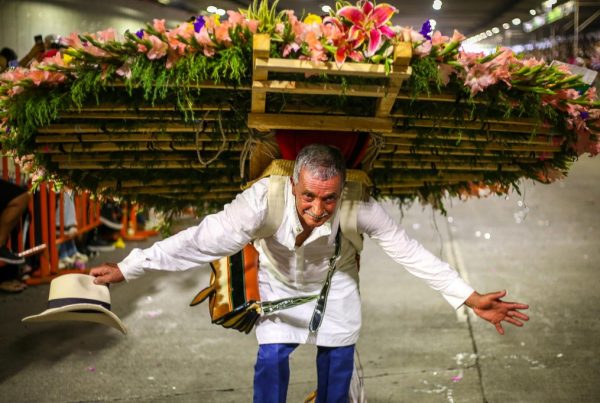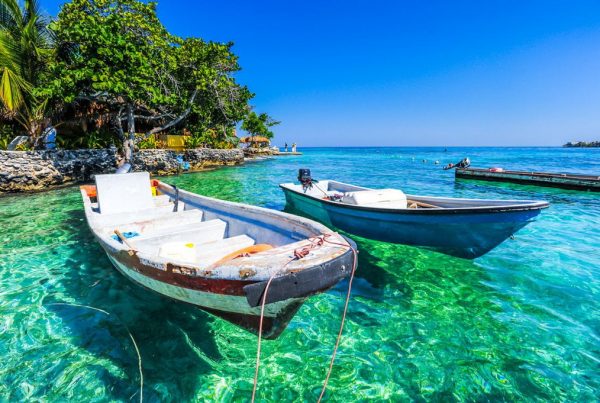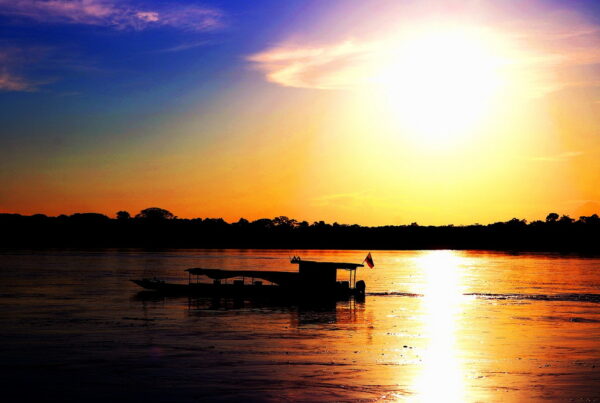A Little-Known River, a Huge Potential
The Orinoco River, the longest river in Venezuela and one of the most important in South America, remains largely unexplored by film and audiovisual productions. Yet its history is full of adventure, discovery, and mystery. From its sources in the mountains of the Sierra Nevada de Santa Marta to its mouth in the Atlantic Ocean, the Orinoco is a living witness to the history of South America, a place where wild nature meets indigenous cultures, and where dreams of gold have fueled the imagination of explorers and adventurers for centuries.
The Orinoco, a Mythical River
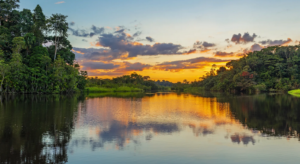
The Orinoco has always fascinated explorers and adventurers. Its very name, meaning « river of the north » in an indigenous language, evokes a land unknown, a territory to be conquered and explored.
The Legend of El Dorado
The Orinoco was associated with the mythical quest for the city of gold, El Dorado, attracting explorers and conquistadors such as Walter Raleigh in the 16th century. The legend told of an indigenous chief, covered in gold from head to toe, bathing in a sacred lake, an image that fueled the Western imagination and drove many adventurers to brave the dangers of the jungle to find this legendary city.
The Lost Kingdom of Auyan Tepui
The Orinoco was also the scene of the quest for another mythical kingdom, that of Auyan Tepui, a lost city atop an inaccessible rocky plateau. This legend, which grew from the stories of the indigenous peoples of the region, inspired authors and explorers such as Arthur Conan Doyle, who used the idea of an inaccessible plateau for his novel « The Lost World. »
The Era of Explorers
Early Explorers
The first Europeans to explore the Orinoco were the Spanish, who sought to conquer new lands and exploit its riches. As early as the 16th century, explorers like Alonso de Ojeda and Diego de Ordaz set out to conquer the river, seeking to map the region and establish colonies.
Navigation
Navigating the Orinoco was a perilous task, marked by the dangers of wildlife, strong currents, cataracts, and attacks by indigenous peoples. Explorers had to face harsh and inhospitable conditions to achieve their goals.
Scientific Research
In the 19th century, explorers like Alexander von Humboldt and Robert Schomburgk contributed to mapping and studying the region’s flora and fauna. Their scientific research helped to better understand the ecosystem of the Orinoco, its importance for global biodiversity, and the natural riches it holds.
The Orinoco and Indigenous Peoples
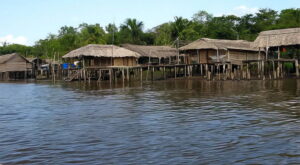
The Orinoco is home to a great diversity of indigenous peoples who have lived in harmony with the river for centuries. Indigenous cultures have developed deep ties to the environment and have learned to live in symbiosis with nature.
The Yanomami
One of the best-known indigenous peoples of the region, the Yanomami live in the rainforests of the Orinoco basin. They are known for their unique culture, their traditional way of life, and their deep respect for the environment.
The Warao
The Warao, known as « the people of the canoe, » live in the swamps and mangroves of the Orinoco. They are experienced navigators who travel the channels and rivers by canoe, their way of life being closely tied to water.
The Pemón
The Pemón live in the mountains of the Gran Sabana, south of the Orinoco. They are known for their ancestral traditions, their spiritual beliefs, and their respect for nature.
The Orinoco Today
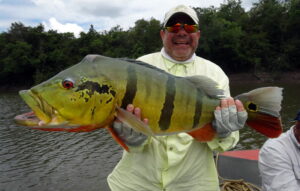
A Fragile Ecosystem
The Orinoco is home to exceptional biodiversity, but it is threatened by deforestation, pollution, and overfishing. Economic development, exploitation of natural resources, and the arrival of new immigrants have disrupted the region’s ecological balance.
Challenges for Indigenous Peoples
The indigenous cultures of the region, such as the Yanomami and the Warao, are closely tied to the Orinoco and continue to struggle to preserve their traditions and territories.
Huge Potential for Audiovisual Productions
The Orinoco offers a unique playground for audiovisual productions, with spectacular landscapes, fascinating stories, and a rich and authentic culture.
The Orinoco: A Call to Action
The Orinoco River, with its rich history, extraordinary landscapes, and fascinating cultures, remains largely unknown to the general public. This is a challenge and an opportunity for audiovisual productions to bring this majestic river to life and share its stories with the world.
The Orinoco is a place where wild nature meets indigenous cultures, a territory where history blends with legend, and where dreams of gold have fueled the imagination of explorers and adventurers for centuries.
If you are looking for an original and captivating audiovisual project, the Orinoco is a destination of choice. Contact our executive production agency to explore the possibilities of filming in this unique region. The Orinoco is ready to reveal its secrets. Let us help you tell them.

